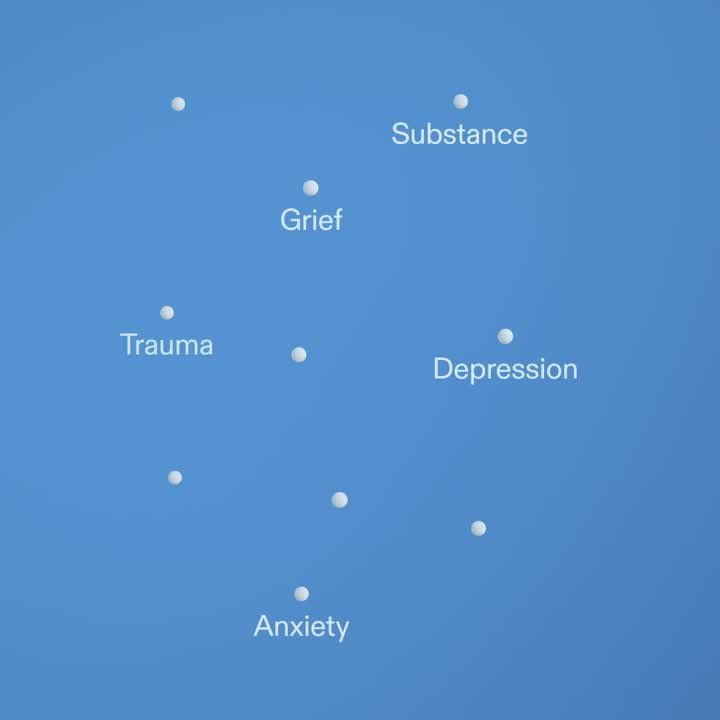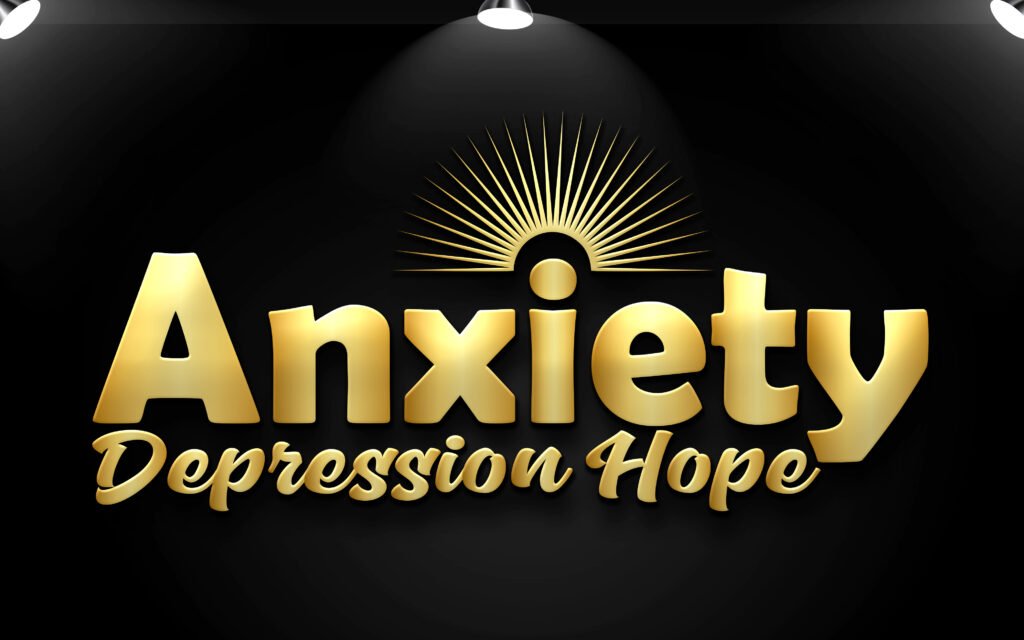Free yourself from anxiety & depression with ketamine therapy.
Ketamine is a transformational medicine of the mind. It can rapidly —often within an hour or two— lift the symptoms of anxiety, depression, and other conditions..
89% of patients in Mindbloom’s largest-ever ketamine therapy study found relief from anxiety and depression symptoms.
Why Ketamine and Trauma Treament for Anxiety and depression

A trusted and widely-used medicine
Ketamine was approved by the FDA in 1970 as an anesthetic and analgesic, and has been listed on the World Health Organization’s List of Essential Medicines since 1985.
Ketamine is also prescribed off-label to treat a wide range of mental health issues.

A promising treatment for mental health
Known for its anesthetic effects and therapeutic potential, ketamine is increasingly being used as a treatment for anxiety and depression.
At lower doses, ketamine can disrupt negative feelings and preoccupations and help the brain create new, healthier patterns.
Ketamine is also prescribed off-label to treat a wide range of mental health issues.
Unlock the power of ketamine. Ketamine acts on the brain to provide relief from anxiety and depression.

When people suffer from chronic anxiety and depression, their neurons become stunted with fewer connections. Ketamine helps repair this damage by stimulating neuroplasticity and fertilizing the brain, restoring and strengthening new connections between neurons.

While intravenous and intramuscular administration methods can be abrupt, Mindbloom provides tablets that are dissolved in the mouth and gently take effect over 10-15 minutes.

Ketamine can also offer relief from negative thoughts by normalizing activity in a part of the brain known as the default mode network. By altering connectivity in this part of the brain, ketamine can help people to break out of old thought patterns that cause anxiety and depression.

With its ability to promote the creation of new, healthy neural connections, ketamine can be a powerful tool for managing mental health. For many people, the effects of ketamine therapy can last for months, with intermittent "boosters" extending the effects even further.
